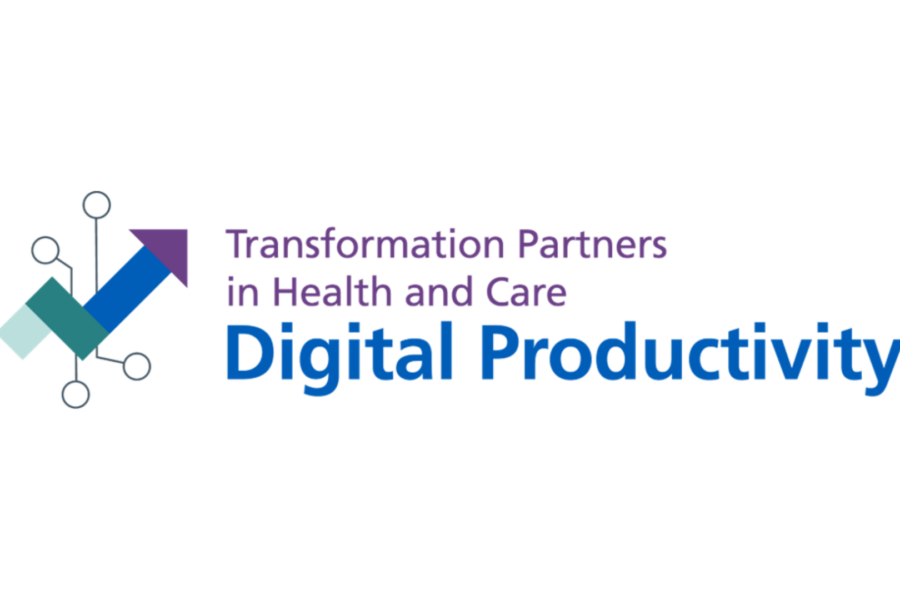Using automation to improve productivity and reduce avoidable human error in referrals for Chronic Kidney Disease
TPHC’s Digital Productivity team deployed a robust automation system to standardise North Central London’s chronic kidney disease referral service and help reduce manual burden and the risk of human error.
Making referrals more efficient
TPHC’s Digital Productivity team worked with Royal Free London (RFL) Foundation Trust to support the expansion and delivery of a new North Central London (NCL) wide referral route for chronic kidney disease (CKD) using the NHS e-referral system (e-RS) with access to a patient’s record on EMIS. The aim was to make CKD referrals more efficient and reduce the risk of human error by automating the system.
The RFL team estimated that, on average 50-70 referrals would need to be manually processed each week. Each referral would require around 30 minutes of handling time, which was also susceptible to human error. Competing demands and priorities meant a significant amount of the team’s time would be taken up by completing registrations, reducing capacity for other essential workload and potentially delaying clinicians’ access to records for triage activity.
The Digital Productivity team established a unified, standardised referral system to automate the full referral process, involving transferring referrals from the assessing clinician to specialised CKD clinical teams. The system facilitated access to the patient’s primary care record securely via EMIS, to support more comprehensive triage, then automating the return of the outcome letter to the referring clinician.

The Digital Productivity and CKD teams worked together to automate each stage of the CKD referral process
The role of automation
The Digital Productivity and CKD teams worked together to develop a system to automate each stage of the referral process:
- Registration: collecting new referrals from the e-Referral Service system and then registering them onto the EMIS system for triage.
- Triage: generating a letter for the referring clinician using the entered outcome and clinician comments via EMIS, keeping them informed about their CKD referral and enabling them to take follow-up action as appropriate.
- Discharge: marking the completion of the triage process in EMIS to discharge the patient.
Governance
This project was highly collaborative and underpinned by close cooperation with the CKD and Information Governance teams to ensure rigorous diligence in documentation and governance. The deployment of a time saving automation, whilst beneficial for operational teams must be balanced with the rigor around governance. Providing all stakeholders the process adheres to all data protection requirements, and vitally to clinical safety standards.
The Digital Productivity team supported the relevant SME’s at RFL to successfully complete a robust DPIA and achieve meeting all requirements of the DCB0160 standard. Ensuring the governance activities were completed ahead of go live provided assurance to all parties that the impacts were sustainable, safe and protected. This approach to governance was carefully undertaken by the Digital Productivity team throughout the project, reflecting the sensitive patient information being handled and transferred daily between sites by the automation.
The impact
- The automation went live in April 2024 and as of February 2025, has processed 2,128 CKD referrals, from referral registration through to care plan creation and discharge.
- On average the automation is saving 30 minutes per referral, which amounts to a timesaving of 1,064 hours, or 142 (working) days, for the CKD teams.
- It has also reduced the manual burden and window of human error when processing referral records, helping the CKD teams to triage referrals with greater accuracy and efficiency and ensures a higher success rate.
- This project was highly collaborative and underpinned by close cooperation with the CKD and Information Governance teams to ensure rigorous diligence in documentation and governance. This approach was carefully undertaken reflecting the sensitive patient information being handled and transferred between sites daily by the automation.
Reflecting on the success of the automation, Clinical Lead for CKD, Sarah Milne commented:
‘‘The TPHC Digital Productivity team worked closely with us to design and deliver this innovative solution to support interoperability between two clinical systems facilitating a comprehensive triage process at scale across NCL. Simultaneously it has reduced the manual burden on administrative teams freeing them up to deliver essential workload. It has been a pleasure to work with the TPHC team who have been collaborative and responsive throughout the project.’’
The CKD automation has been highlighted for its effectiveness in relieving teams of repetitive tasks, winning the award for Quality Improvement and Efficiency at the RFL staff awards in 2024.
Browse more content
Digital Productivity Team
Find out more about our experienced team with expertise in utilising AI and Robotic Process Automation to improve your processes and boost efficiencies.

Our impact
Find out about our impact and how we are delivering transformation and improvement across the health and care sector.
